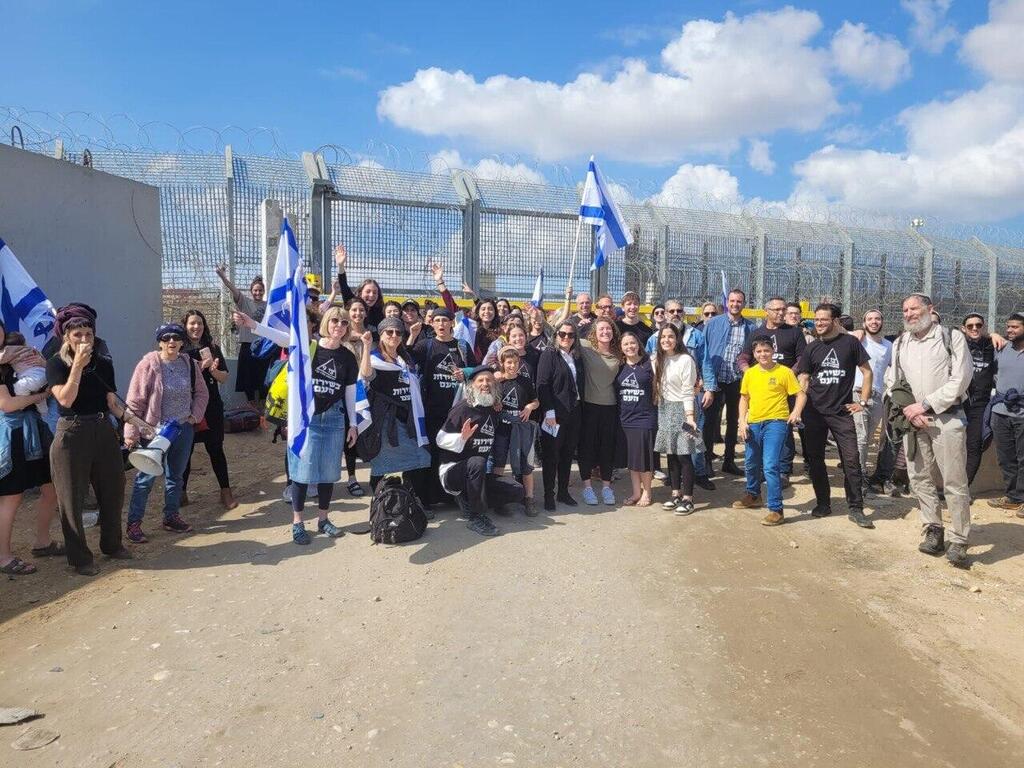Getting your Trinity Audio player ready...
The U.S. State Department announced on Wednesday that it will deny entry to Elor Azaria and his family due to “gross violation of human rights, namely an extrajudicial killing in the West Bank.”
Azaria, a former IDF Israeli sergeant, was convicted in 2016 of manslaughter and unbecoming conduct for fatally shooting a wounded Palestinian assailant.
Azaria was sentenced to 18 months in prison and was released in May 2018 after serving half of his sentence. Additionally, he was demoted to the rank of private.
The State Department also imposed visa restrictions on a group of individuals who "meaningfully contributed to undermining the peace, security, or stability in the West Bank.”
“[T]hese visa restrictions are being pursued against those who have used violence against persons or property, or unduly restricted civilians’ access to essential services and basic necessities to include access to food, water, electricity, or medical supplies. The immediate family members of these individuals may also be subject to these restrictions," a statement read.
Last week, the U.S. Treasury Department announced a round of sanctions against the leaders of an Israeli protest movement blocking trucks carrying humanitarian aid for the Gaza Strip.
Reut Ben-Haim, 38, a mother of eight from Netivot and the founder of the Tzav 9 protest movement, has become the first Israeli woman to be sanctioned by Washington.
Sanctions were also imposed on Yissachar Manne and Manne Farm in the South Hebron Hills, as well as on Aviad Shlomo Sarid, a 27-year-old from the Revava settlement. However, it was revealed that Sarid has no connection to Tzav 9 and has not participated in its activities; he merely shares a similar name to one of the movement's founders, Shlomo Sarid.




